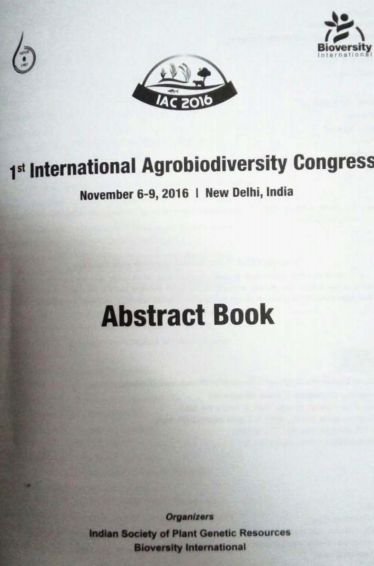Germplasm enhancement for increasing groundnut productivity and production in West and Central Africa
Summary
West and Central Africa (WCA) account for almost 70% of groundnut production in Africa. Groundnut plays an important role in farmers’ livelihoods and contributes significantly to the export sectors of the region’s countries. However, productivity in the region is limited due to many factors, including biotic and abiotic constraints, and the gap between potential and realized yields is large on subsistence farms. To address these issues, ICRISAT has been working with national partners in the region to improve the productivity of groundnut with support from the Tropical Legumes projects. ICRISAT has supplied more than 2,500 trait-specific and advanced breeding lines to national programs in WCA for genetic enhancement. Based on NPT and PVS trials, national programs in Niger released four varieties (RRB, ICG 9346, J11, and Fleur 11). In Nigeria, three short duration rosette-resistant varieties (Samnut-24, Samnut-25, and Samnut-26) were released. In Mali, eight varieties, including ICGV 86015 and ICGV 86124, were selected by farmers, while six and four varieties were released in Senegal and Ghana, respectively. Most of these varieties were preferred by farmers for their high yield, disease resistance, drought tolerance, short duration, seed size, suitability for home consumption, seed color, and market demand, and had a yield advantage of up to 42% over local varieties grown by farmers. Current efforts to deploy modern breeding approaches and tools to enhance genetic gains are discussed.
Open resource Download resource Access resource on external site

